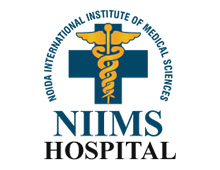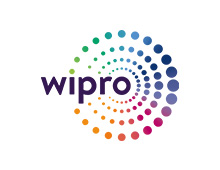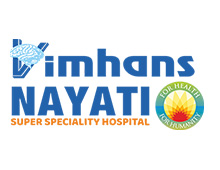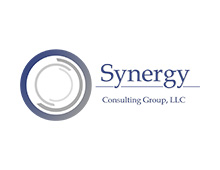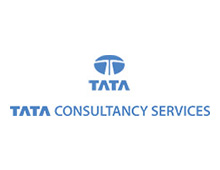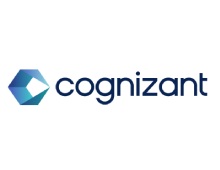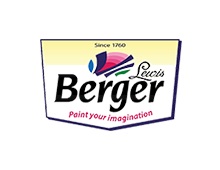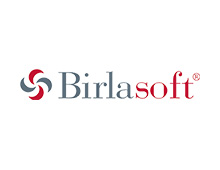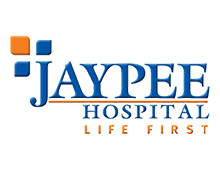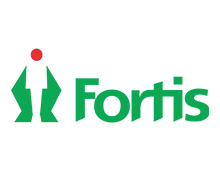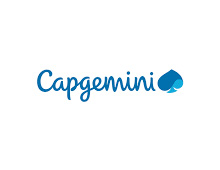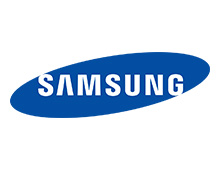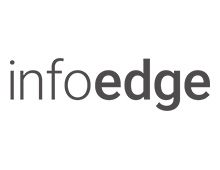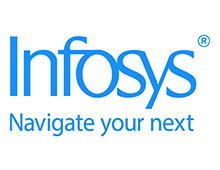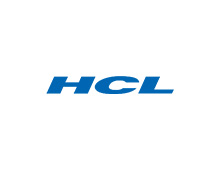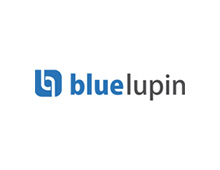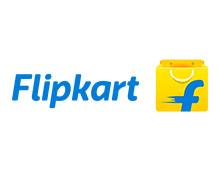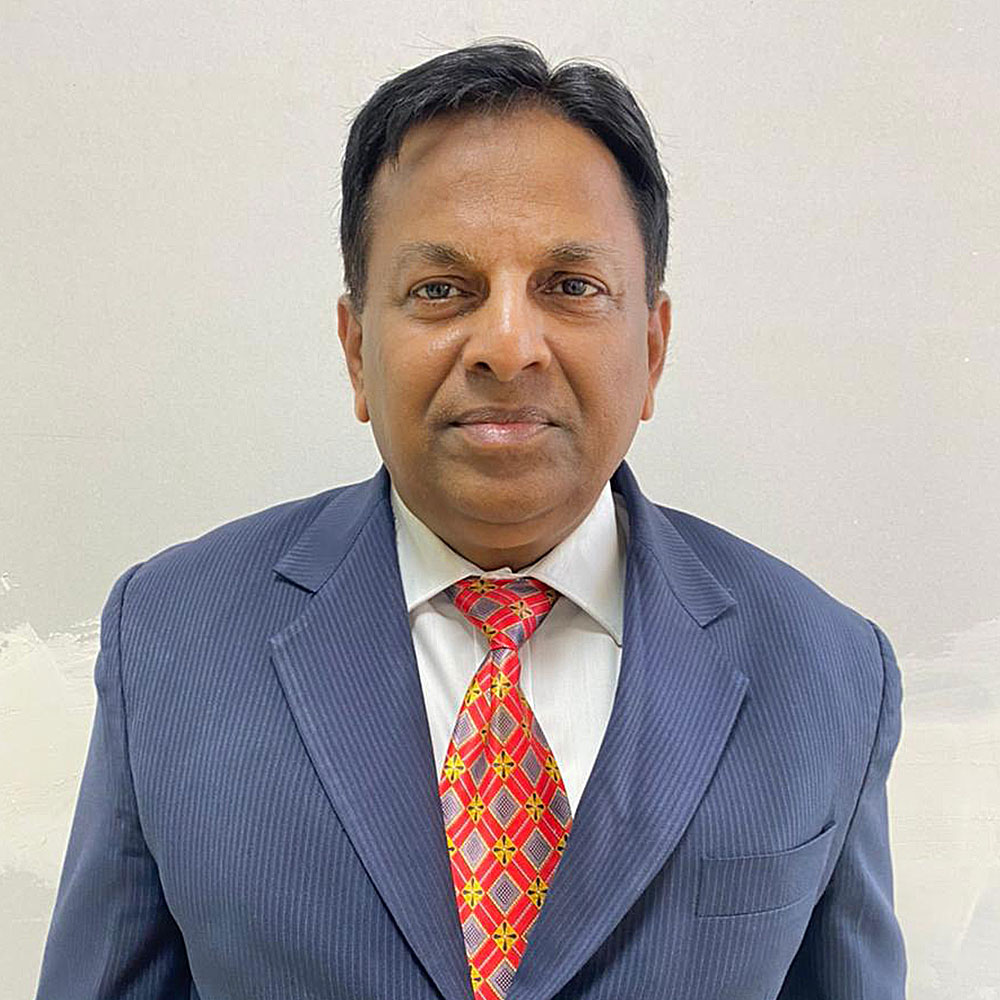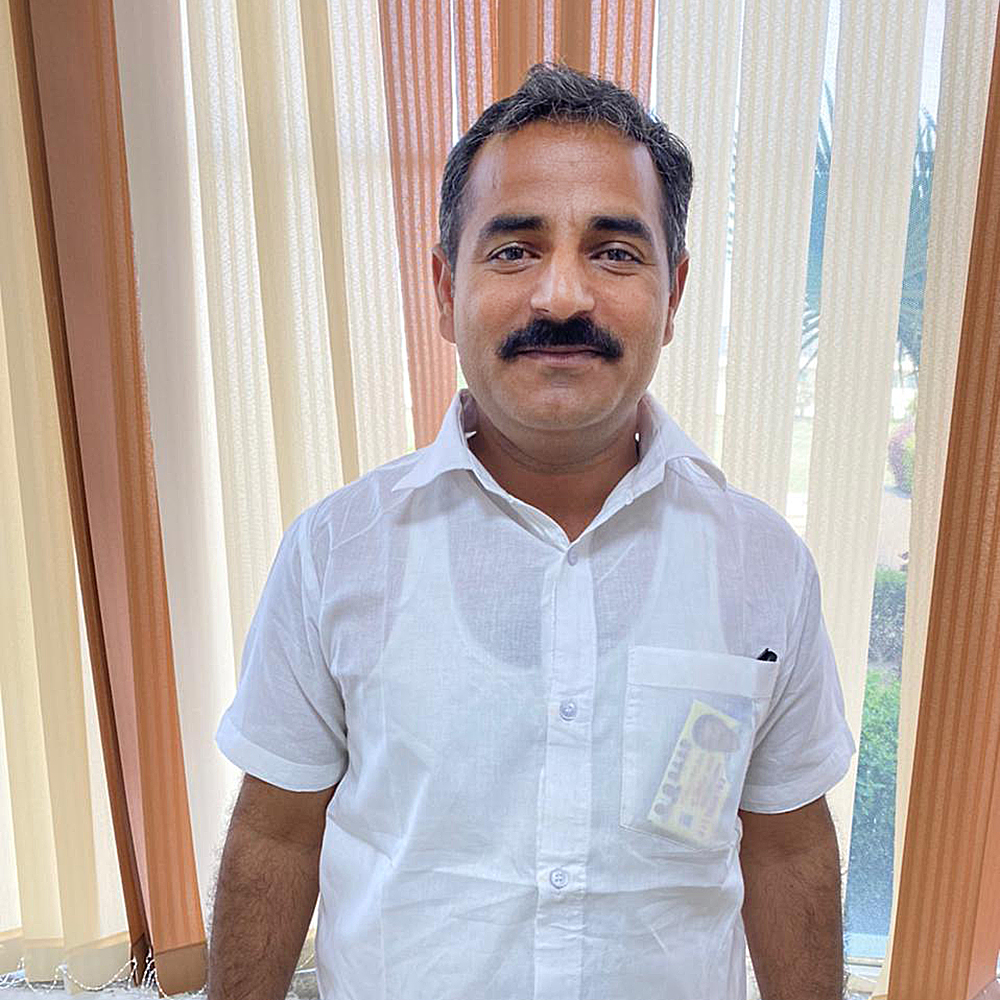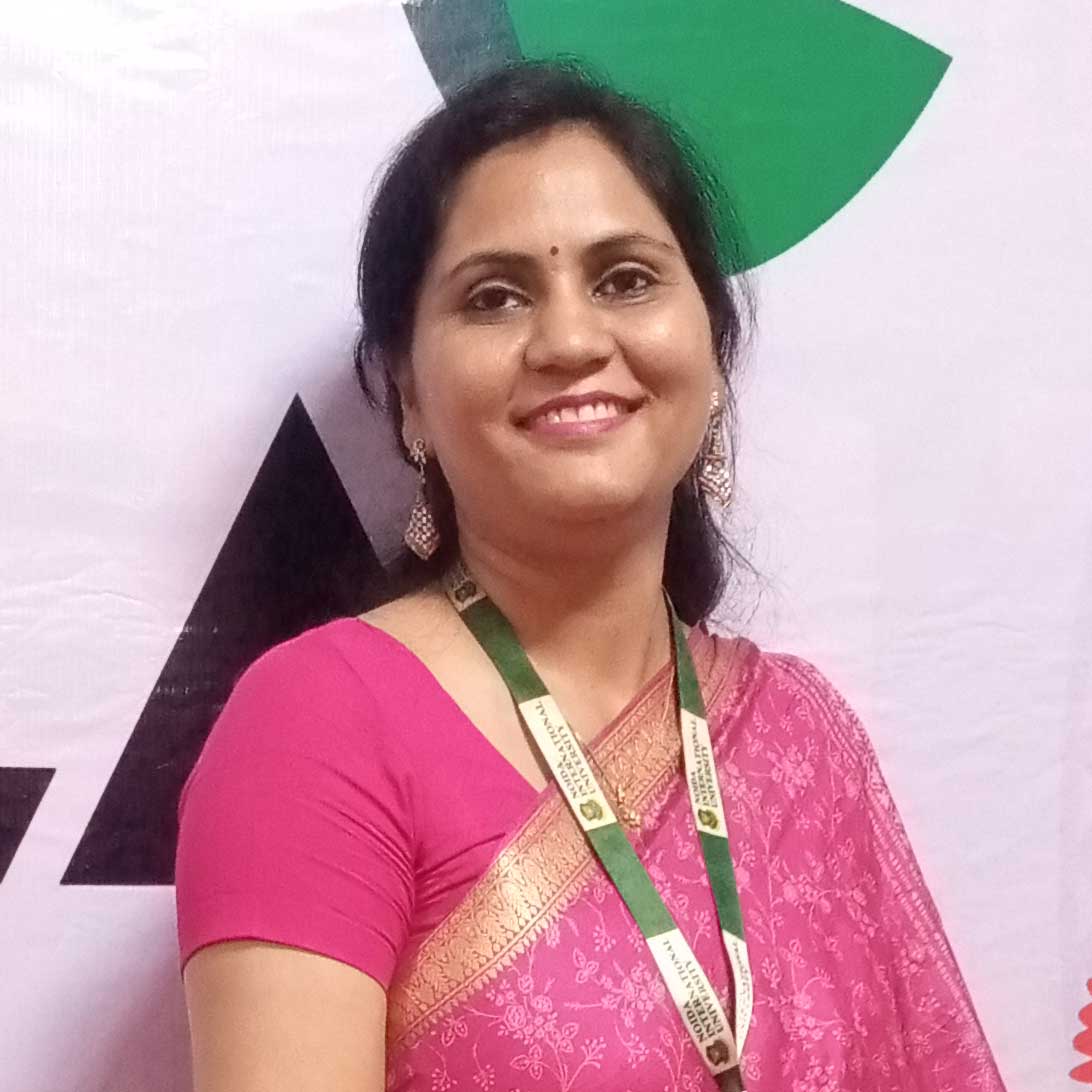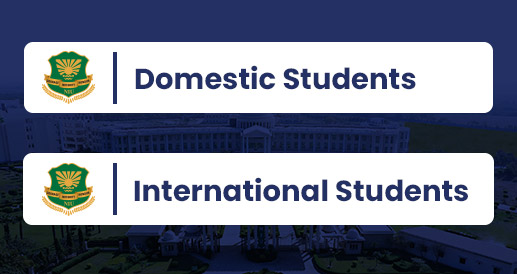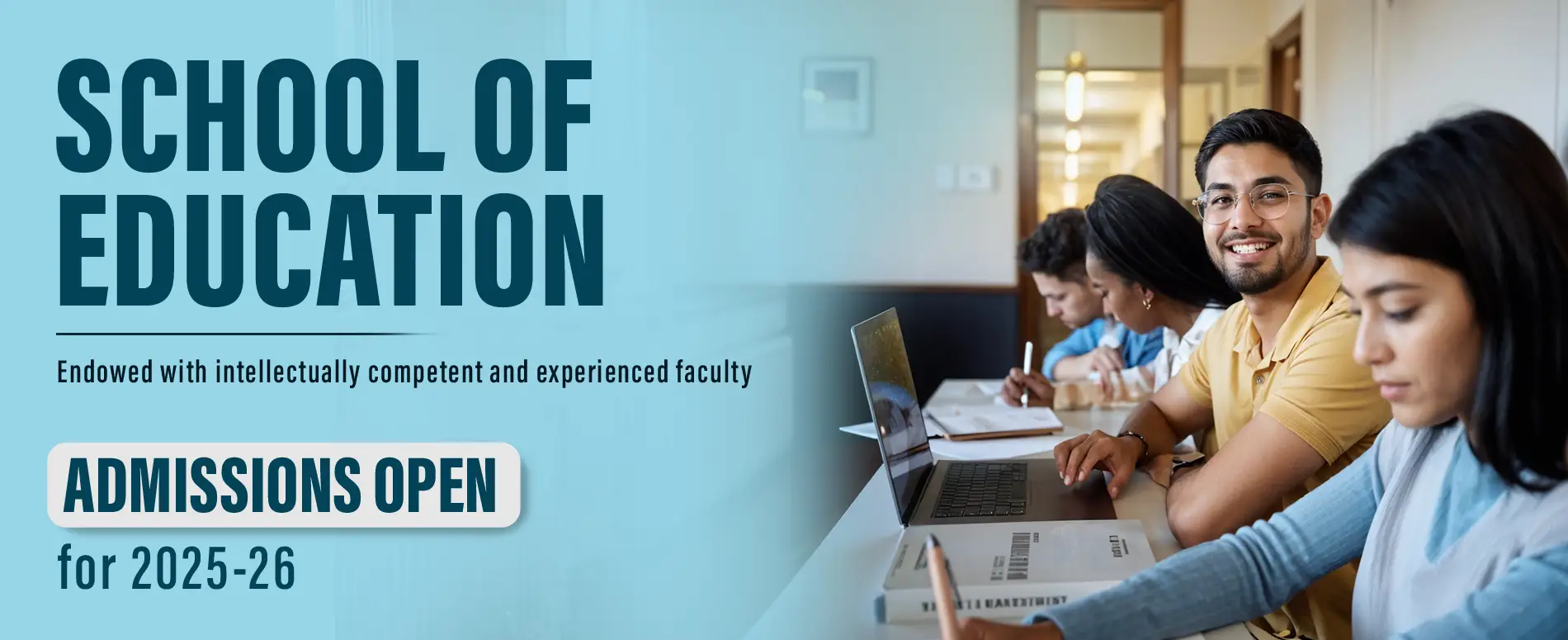
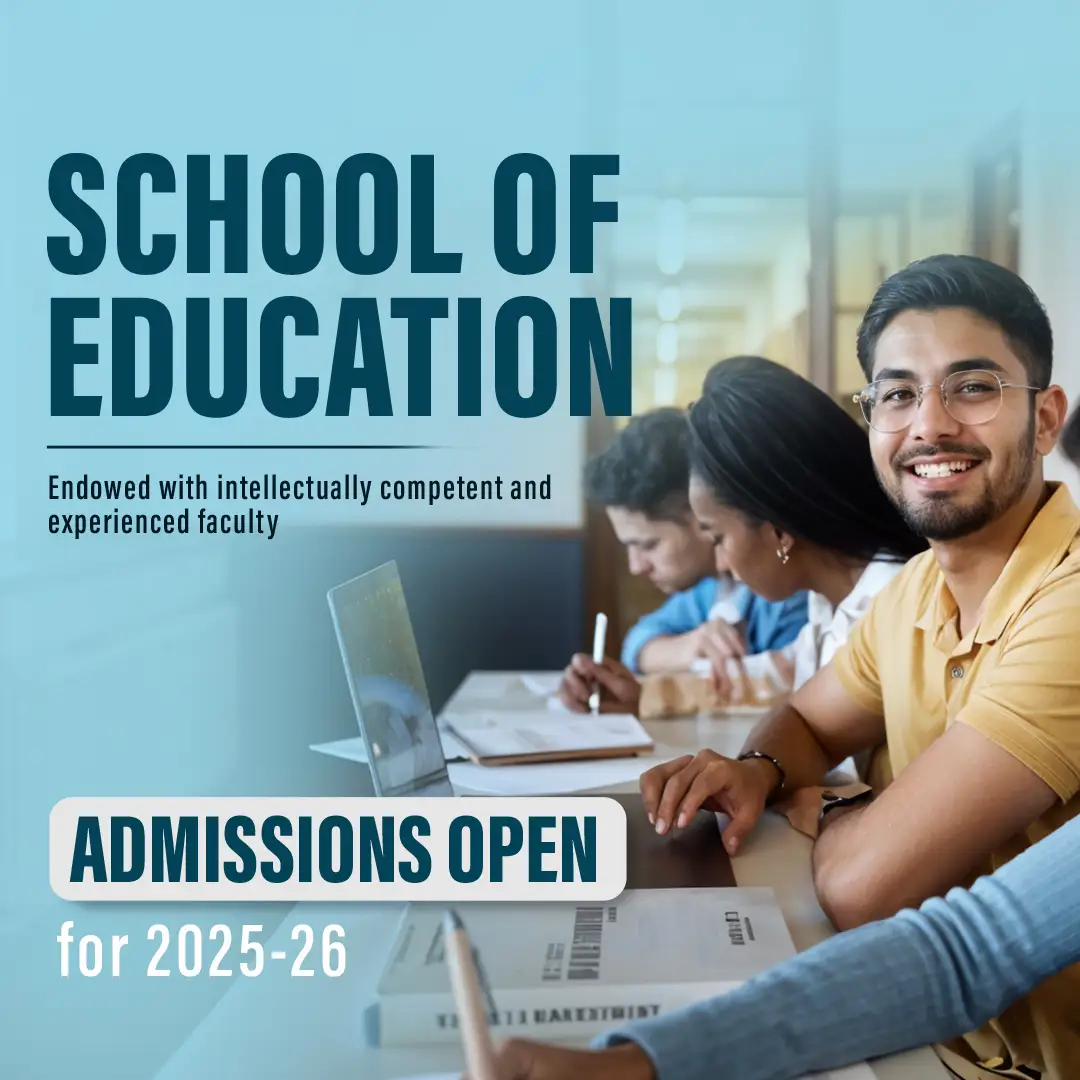
About School of Education
The School of Education is offering B.Ed., M.A. Education, and Ph.D. in Education programs in Teacher Education. The B.Ed. course was started in 2014 under a self-finance scheme with an intake of 100 students, and it is recognized permanently by the National Council for Teacher Education (NCTE). It fulfills all the norms formulated by authorities like NCTE, UGC, and the State Government. The Education College aims to revolutionize learning and redefine the boundaries of knowledge by combining cutting-edge methodology with a commitment to teaching and a scientific approach. It is famous for its academic excellence. The main objective of the School is to bring about the physical, mental, emotional, and ethical integration of an individual in order to evolve into a complete human being. A good reputation is maintained among students and the masses because of its result-oriented design. The School contributes and takes initiative to develop a positive environment for teaching and learning, catering to students’ needs fulfillment by conducting curricular, co-curricular, and extracurricular activities. The Guidelines of the New Education Policy 2020 are incorporated in the curriculum of the 2021–23 session. The School of Education is intended to develop a cadre of professionally qualified teacher educators and teachers to meet the needs and challenges of the Knowledge Society across the globe, preparing tomorrow’s professionals for challenging and rewarding careers. NIU is known as one of the best private B.Ed. and M.A. colleges in Delhi-NCR, Noida.

Dean's Message
The School of Education, Noida International University, operates with the objective of aiming at developing the understanding of the teaching-learning process at the secondary and senior secondary school level and the competencies required by the student-teachers to make this process effective. The program enables student-teachers to engage with studies on educational issues at global, national, and state levels and develop a conceptual understanding of the role of teachers in this culturally diverse scenario. The dedicated and well-qualified faculty and committed administrative/non-teaching staff are steadfast in thought and action towards progressively achieving the Vision and Mission of the School of Education and have been instrumental in providing an inspiring and stimulating environment for holistic progress of each and every student as well as in establishing an excellent reputation for the Institute since its inception in the year 2014.
I am delighted to state that our results have been extremely heartening year after year, with a huge number of our student-teachers securing first division. May each one of them successfully embark on the professional journey of becoming a teacher and blossom into a lifelong learner.
ELIGIBILITY FOR ADMISSION
B.Ed. – (4 Semesters, 2 Years Course) Candidates with at least 50% (Fifty percent) marks either in the Bachelor’s Degree and/or in the Master’s degree in Sciences/ Social Sciences/ Humanities, Bachelor’s in Engineering or Technology with specialization in Science and Mathematics with 55 % (Fifty-Five percent) marks, or any other qualification equivalent thereto, are eligible for admission to the program.
M.A. Education—B.A. (Hons.) in Education or Bachelor Degree in any discipline with at least 50% marks in aggregate or 45% marks in the subject of Education.
KEY HIGHLIGHTS
- Endowed with intellectually competent and experienced faculty.
- Teaching faculty as per NCTE norms.
- Sincere and committed administrative and supporting staff.
- Spacious classrooms with adequate furniture.
- Seminar Hall and Auditorium with audiovisual equipment.
- Well-established science lab, computer lab, educational technology lab, psychology lab, work experience lab, and social science lab.
- Library updated with new books as per revised syllabus.
- Flexible credit system.
- Classroom-based learning, Project-based learning, and Research-based learning.
- Demonstration lesion by teacher educators.
Infrastructure Facilities
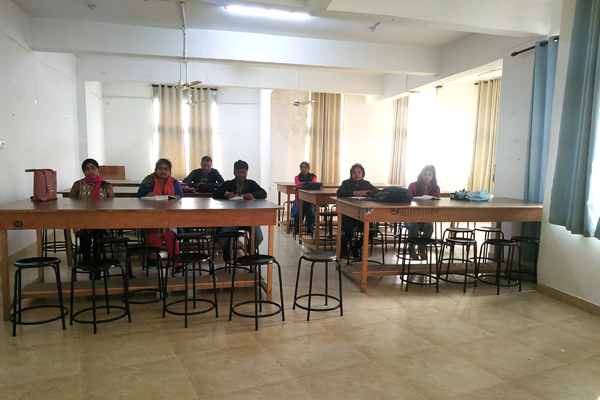
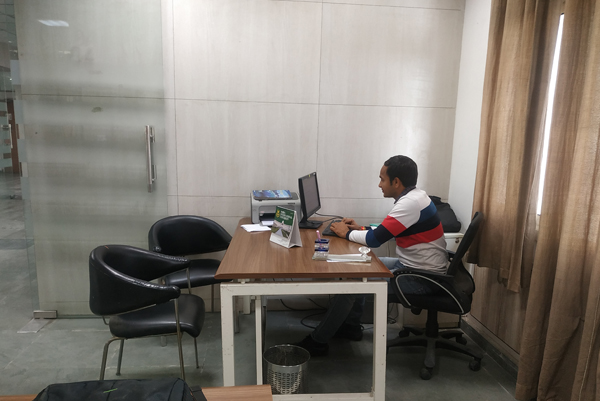
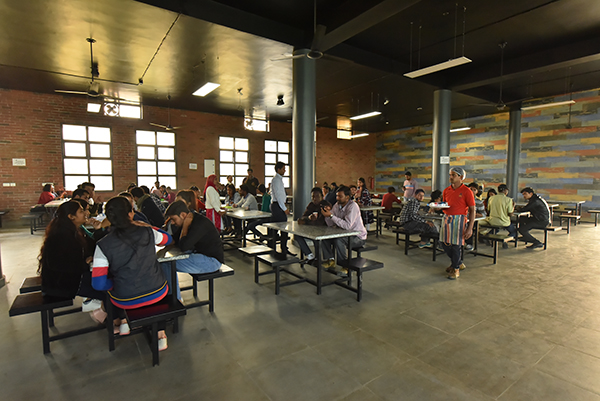
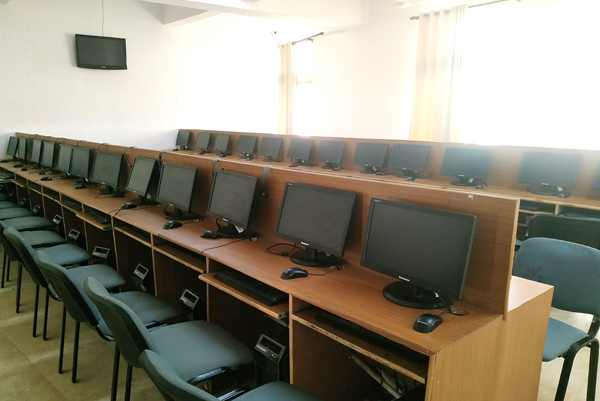
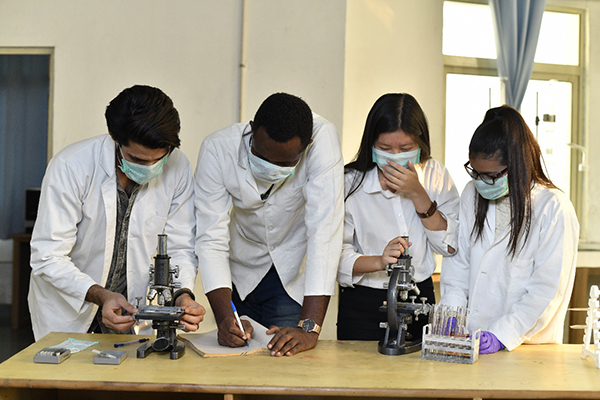
Our Events
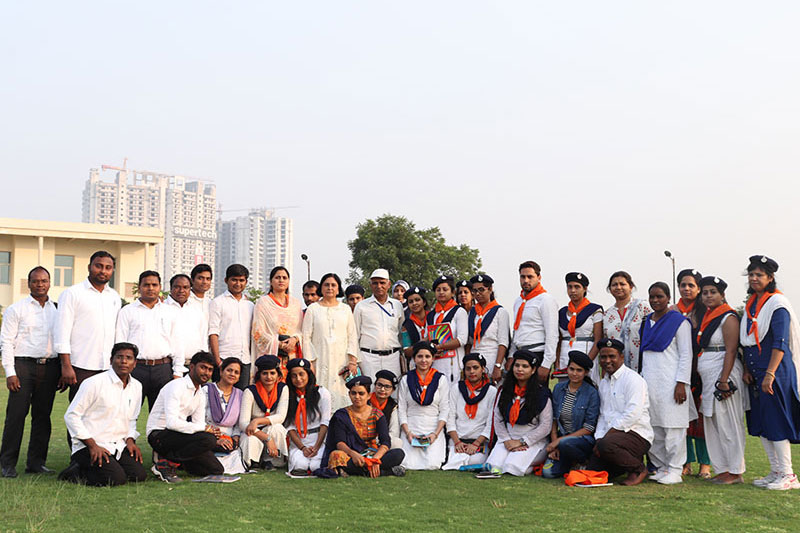
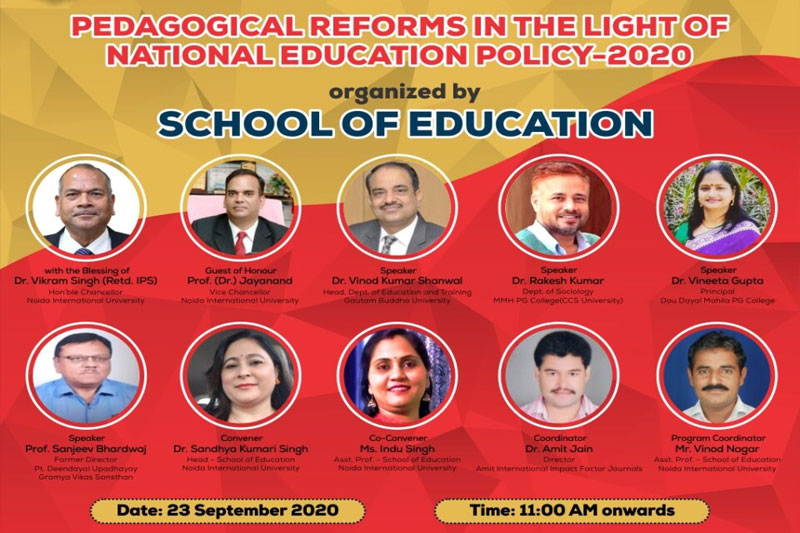
Programmes Offered
| PROGRAM | COURSE | ELIGIBILITY | DURATION | IST YEAR FEE | IIND YEAR FEE | IIIRD YEAR FEE | IVTH YEAR FEE | VTH YEAR FEE | FULL COURSE FEE | Enquire Now |
| B.Ed | Bachelor of Education | Candidates with at least 50% (Fifty per cent) marks either in the Bachelor’s Degree and/or in the Master’s degree in Sciences/ Social Sciences/ Humanities, Bachelor’s in Engineering or Technology with specialization in Science and Mathematics with 55 % (Fifty-Five per cent) marks or any other qualification equivalent thereto are eligible for admission to the program. | 2 | 54000 | 55300 | N/A | N/A | N/A | 109300 | Enquire Now |
| MA-Ed | Master of Arts with specialization in Education | Minimum 50% in B.A (Hons.) in education or Bachelors’s Degree in any discipline with at least 50% marks in aggregate or 50% marks in the subject of Education | 2 | 44000 | 44800 | N/A | N/A | N/A | 88800 | Enquire Now |
Note:
- INR 10,000 one-time refundable security fee.
- Scholarships are applicable only on tuition fees for the first year.
- An additional INR 2,500 to be paid in the end semester for the award of degree
Scope
- Every year, a number of new schools are emerging, which is resulting in the growing demand for teachers in India.
- Ed degree becomes eligible to get job opportunities as a Teacher in various sectors, including Central Government, State Government, and Private Managed Schools.
- Ed degree holders can become the Head/Principal of the School.
- Ed degree becomes eligible to get job opportunities as Educational Assistant in various State Government and Private Educational offices.
- Ed candidates can go for online tutoring as a profession.
- Another job option for a B.Ed. degree holder is coaching institutes.
- Ed degree holders can also become private/home tutors.
- After B.Ed., candidates can also become educational counsellors to guide students dealing with academic problems.
- A B.Ed. degree holder can also opt for a content writer job, as various websites and portals these days hire candidates from different professions.
- A B.Ed. degree holder can also pursue higher education by becoming a lecturer or professor at colleges or universities.
- Ed candidates can pursue M.Ed. courses.
- Ed candidates can pursue M.A. Education Courses.
All Syllabus/Downloads
- BEd
- MA(Education)
- Ph.D
PO's / PSO's
Programme Educational Objectives (PEO)
PEO1- Ability to develop the understanding and competencies for effective teaching and learning processes at the secondary stage.
PEO2- Ability to understand the psychological and sociological aspects of the child’s development and also understand her/his behaviour under different conditions.
PEO3- Ability to empower with pedagogic principles for implementing them in schools.
PEO4- Ability to realize that teaching is a noble profession.
PEO5- Ability to empower with knowledge, skills, and values of love, compassion, integrity, service, etc. to be competent, committed, and creative for the development of a more just social order in an atmosphere of intellectual verve and moral integrity.
PEO6 - Ability to acquaint with communication technology and its application in teaching and learning in the 21st century.
PEO7 - Ability to leverage the innate talent through academic and co-curricular activities.
PEO8 - Ability to empower with rational thinking and a scientific attitude.
Programme Specific Outcome (PSO)
PSO1- Understand the reflective, analytical skills, and critical issues of education.
PSO2- The knowledge and ability to apply build skills and abilities of communication, reflection, art, aesthetics, and self-expression.
PSO3- Demonstrate the ability to integrate and exhibit contemporary knowledge in education and will be competent to work in private and government institutions.
PSO4- Understanding the role of every individual, authority, and stakeholder in the process of design conceptual implementation and the ability to lead the team from different disciplines utilizing knowledge of the diverse forms and dimensions of professional practice.
Programme Educational Objectives (PEO)
PEO1 - To understand the nature and function of the Philosophy of Education.
PEO2 - To Logical analysis, Interpretation, and synthesis of various concepts, prepositions, and philosophical assumptions about educational phenomena.
PEO3 - To understand and use of philosophical methods in studying educational data.
PEO4 - To understand the nature, concept, and principles of educational psychology as an applied discipline with its own scientific methods and approaches.
PEO5 - To help students understand the implications of various psychological theories for education.
PEO6 - To understand the Meaning and Concept of Educational Research.
PEO7 - To acquaint students about different sampling methods and use of appropriate sampling techniques for data collection.
PEO8 - To acquaint the learners with the historical development of special education in India.
PEO9 - To understand the concepts, needs, and viewpoints about special education and the underlying principles in reference to exceptional children.
Programme Specific Outcome (PSO)
PSO1. Apply the knowledge of Philosophy, Sociology, Psychology Management, and ICT to set the context of the teaching profession and advance the capacities in teaching, research, and extension work in the field of education in general and Teacher Education Institutes in particular.
PSO2. Demonstrate academic integrity and professional ethics by keeping abiding by rules, regulations, values, and high standards in teaching, research, and administration in diversified educational settings and Teacher Education Institutes.
PSO3. Demonstrate spirit of work in diversified situations and apply knowledge & skills to cope with educational issues in complex situations with appropriate consideration for the rules, norms, and Social, cultural, and environmental context.
PSO4. Apply the knowledge of Educational administration & management and other allied subjects like Philosophy, Sociology, Psychology, etc. in academic planning, organization, evaluation, decision-making, and resource management according to predetermined goals, norms, and standards.
PSO5 Recognize areas of commitment, accountability, constitutional values, and national goals and perform accordingly.
PSO6. Apply the knowledge & skills to deal with Issues related to population, environment, gender equality, different literacy, Yoga & Health Education etc. and respond to emerging issues by applying critical, constructive and creative thought process.
PSO7. Involve in knowledge dissemination, knowledge creation, research, and innovative educational practices related to different stakeholders of education.
PSO8. Perform Function effectively either in the role of member or leader in diversified educational settings and Institutions of Teacher Education.
PSO9: Use diversified tools & technologies of communications and communication Skills to serve the professional purpose and standards expected from the classroom to a broader zone of educational activities.
Video Gallery
- DEAN PROFILE
- FACULTY PROFILE
Dr. Hari Narayan Hota
Director & Professor
Read Profile
Vinod Kumar
Assistant professor
Read Profile
Indu Singh
Assistant Professor
Read Profile
Dr. Aruna Singh
Associate Professor
Read Profile

It has been a great learning experience so far. Noida International University believes in imparting quality education and their intent is reflected in the course curriculum set for students. I have learned so much here. NIU is the best option in Delhi/NCR to pursue B.Ed. course.
Shreshtha Bhati
B.Ed. Session - 2020-2022

Opting to pursue B.Ed from Noida International University turned out to be the best decision of my life. The campus environment is really good and faculty members are very supportive. Being an international university, we also get to experience the multi-culture environment at our campus and learn about different cultures and ideologies.
Shivani Rai
B.Ed. Session - 2021-2023

Pursuing PhD from Noida International University turned out to be the best decision of my life. The campus environment is really good and faculty members are very supportive. Being an international university, we also get to experience the multi-culture environment at our campus and learn about different cultures and ideologies.
Haritima Dixit
Ph.D Scholar

Pursuing PhD from Noida International University turned out to be the best decision of my life. The campus environment is really good and faculty members are very supportive. Being an international university, we also get to experience the multi-culture environment at our campus and learn about different cultures and ideologies.
Seema Sharma
Ph.D Scholar
